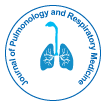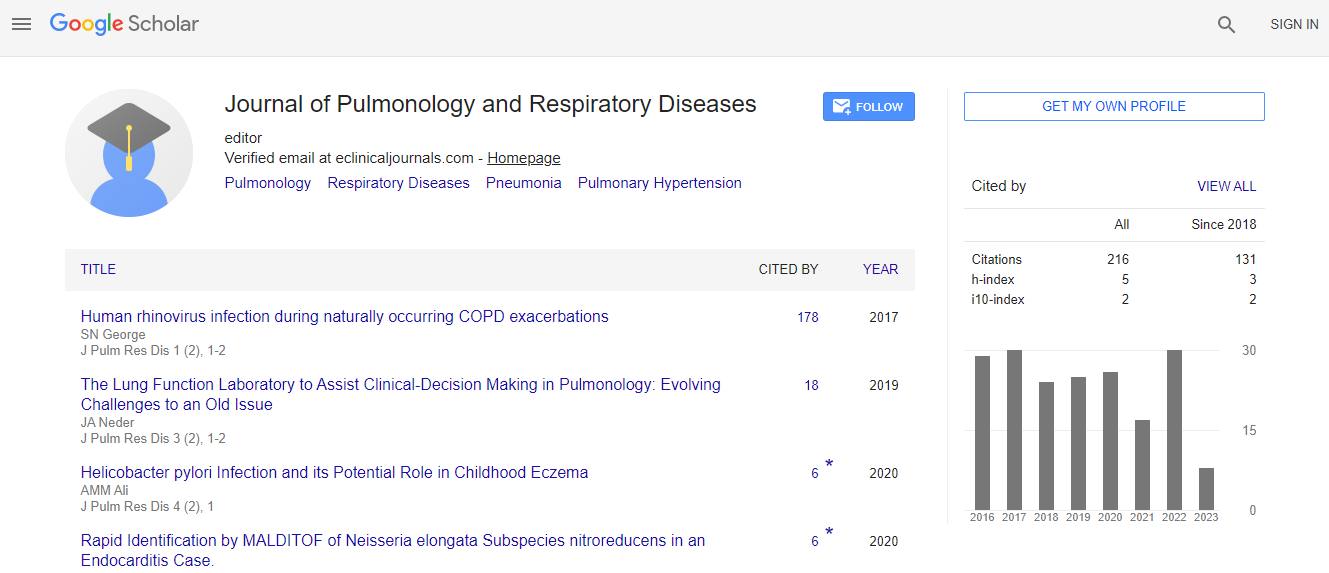Molecular Mechanisms and Immune Responses in the Pathogenesis of Pneumonia: Insights into Bacterial and Viral Interactions
*Corresponding Author: Victor Nizet, Department of Pharmacology, University of Nevada, U.S.A, Email: nizvictor72@gmail.comReceived Date: Oct 01, 2024 / Published Date: Oct 31, 2024
Citation: Victor N (2024) Molecular Mechanisms and Immune Responses in thePathogenesis of Pneumonia: Insights into Bacterial and Viral Interactions. J PulmRes Dis 8: 224.
Copyright: © 2024 Victor N. This is an open-access article distributed under theterms of the Creative Commons Attribution License, which permits unrestricteduse, distribution, and reproduction in any medium, provided the original author andsource are credited.
Abstract
Pneumonia, a significant cause of morbidity and mortality worldwide, arises from complex interactions between pathogens and host immune responses. This review elucidates the molecular mechanisms underpinning the pathogenesis of pneumonia, focusing on both bacterial and viral etiologies. We examine how specific virulence factors of pathogens, such as adhesins and toxins, contribute to infection establishment and progression. Additionally, we explore the host's immune response, highlighting the roles of innate immune cells, cytokine signaling, and adaptive immunity in combating pneumonia. Dysregulation of these immune responses can lead to severe inflammation and tissue damage, exacerbating disease severity. By integrating current research findings, this article aims to provide a comprehensive understanding of the interplay between microbial agents and host defenses, paving the way for novel therapeutic strategies and vaccine development to combat pneumonia effectively. Insights gained from these interactions are crucial for enhancing clinical management and improving patient outcomes in pneumonia cases.

